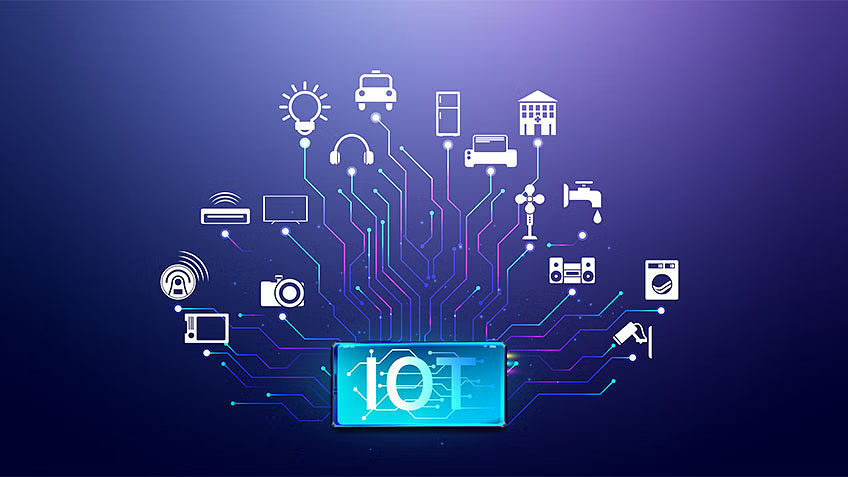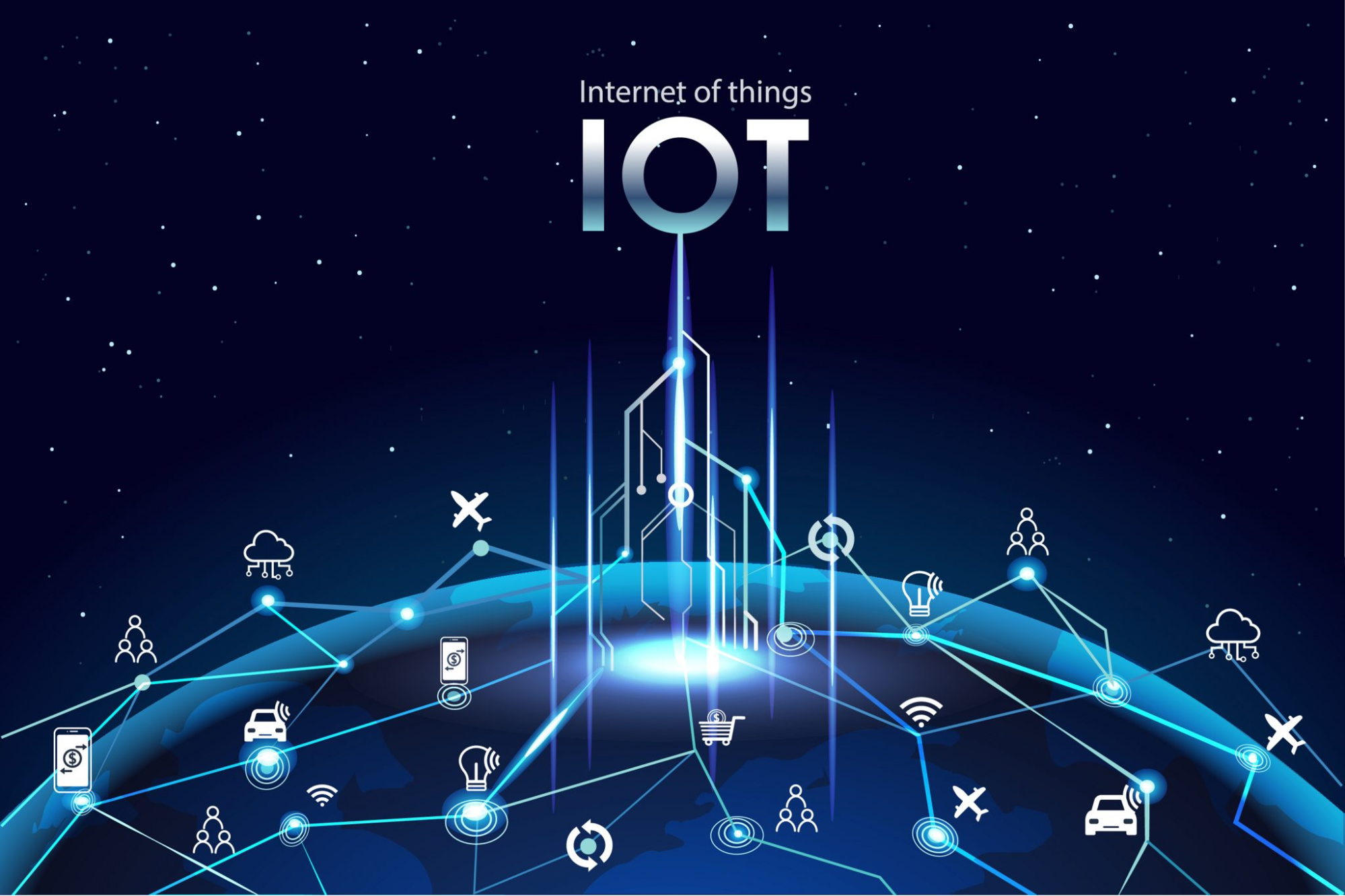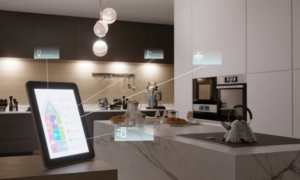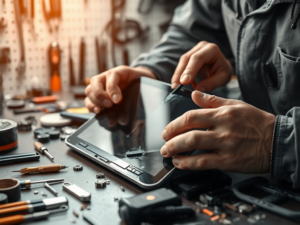The Internet of Things (IoT) has transformed the way we live, work, and interact with our surroundings. By seamlessly integrating technology into our daily activities, IoT has significantly improved convenience, efficiency, and connectivity in various aspects of everyday life. This article explores the profound impact of IoT on society, highlighting key areas where this technology has made a difference.
Smart Homes

One of the most noticeable impacts of IoT is in the realm of smart homes. IoT-enabled devices allow homeowners to automate and control various functions such as lighting, heating, and security remotely. Smart thermostats can learn and adapt to your schedule, optimizing energy usage and reducing utility bills. Similarly, smart security systems provide real-time monitoring and alerts, enhancing home safety. These technologies not only improve comfort but also contribute to sustainable living.
Healthcare
The healthcare sector has experienced a significant transformation thanks to IoT. Wearable devices like fitness trackers and smartwatches monitor vital signs such as heart rate, sleep patterns, and physical activity. This data is invaluable for both individuals and healthcare providers in managing health and diagnosing conditions early. IoT also facilitates remote patient monitoring, allowing doctors to track patients’ health in real-time and provide timely interventions. This technology is particularly beneficial for elderly patients and those with chronic conditions, offering them greater independence and peace of mind.
Transportation
IoT has revolutionized transportation by enhancing the efficiency and safety of various modes of travel. Smart vehicles equipped with IoT sensors can communicate with one another and with infrastructure, reducing the likelihood of accidents. Real-time traffic data helps drivers navigate more efficiently, avoiding congestion and saving time. Public transportation systems also benefit from IoT through improved scheduling and real-time updates, making commuting more predictable and convenient for passengers. Furthermore, IoT plays a crucial role in the development of autonomous vehicles, promising a future with safer and more efficient roadways.
Retail
In the retail sector, IoT has enhanced both the customer experience and operational efficiency. Smart shelves and inventory management systems help retailers track stock levels in real-time, reducing the chances of overstocking or stockouts. Personalized shopping experiences are made possible through IoT-enabled devices that collect and analyze customer data, offering tailored recommendations and promotions. Additionally, contactless payment systems facilitated by IoT have become increasingly popular, providing a seamless and secure checkout experience.
Industrial IoT
Industrial IoT (IIoT) has brought about significant advancements in manufacturing and production. By connecting machinery and equipment to the internet, businesses can monitor performance, predict maintenance needs, and optimize production processes. IIoT enables real-time data analysis, allowing for quicker decision-making and improved operational efficiency. For example, predictive maintenance can prevent equipment failures, reducing downtime and increasing productivity. Industries such as manufacturing, agriculture, and logistics have greatly benefited from these innovations, leading to higher quality products and services.
Conclusion
In conclusion, IoT has had a profound impact on various aspects of everyday life, from smart homes and healthcare to transportation, retail, and industrial applications. The integration of IoT technology has not only enhanced convenience and efficiency but also improved safety and sustainability. As IoT continues to evolve, its influence on society is expected to grow, opening up new possibilities and opportunities for innovation in numerous fields.
FAQs
1. What is IoT?
IoT, or the Internet of Things, refers to the interconnection of everyday objects via the internet, enabling them to send and receive data. This technology allows devices to communicate and perform automated functions smoothly.
2. How does IoT benefit smart homes?
IoT benefits smart homes by automating and remotely controlling various functions like lighting, heating, and security. It enhances comfort, energy efficiency, and safety, contributing to a more convenient and sustainable living environment.
3. How has IoT impacted healthcare?
IoT has transformed healthcare through wearable devices that monitor vital signs and facilitate remote patient monitoring. This technology helps in early diagnosis, continuous health tracking, and providing timely interventions, especially for elderly and chronically ill patients.
4. What role does IoT play in transportation?
In transportation, IoT improves safety and efficiency by enabling communication between vehicles and infrastructure. It provides real-time traffic data, enhances public transport reliability, and contributes to the development of autonomous vehicles.
5. Can IoT improve retail operations?
Yes, IoT significantly improves retail operations by optimizing inventory management, offering personalized shopping experiences, and facilitating seamless payment systems. It helps retailers track stock levels, reduce overstock or stockouts, and enhance customer satisfaction.












